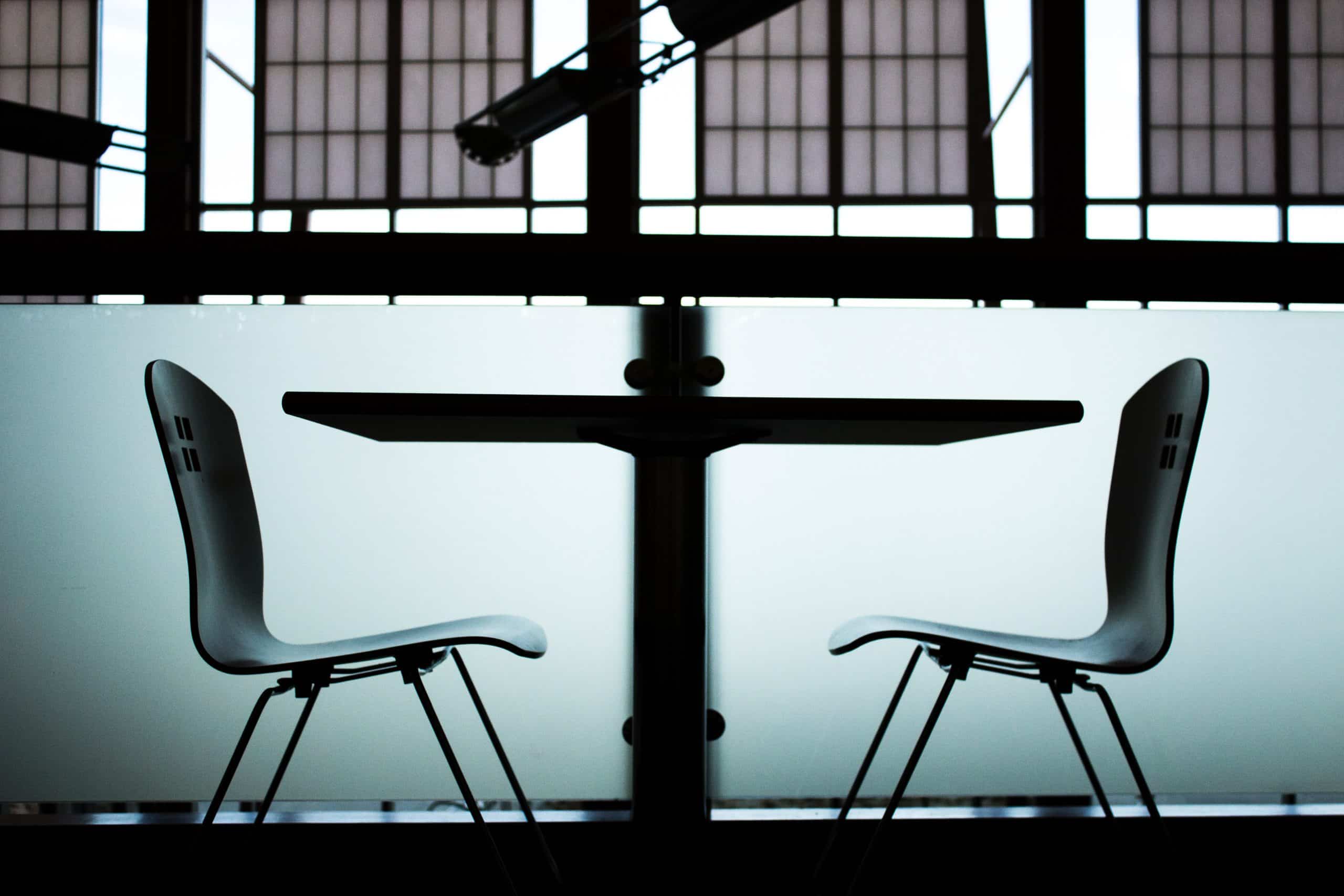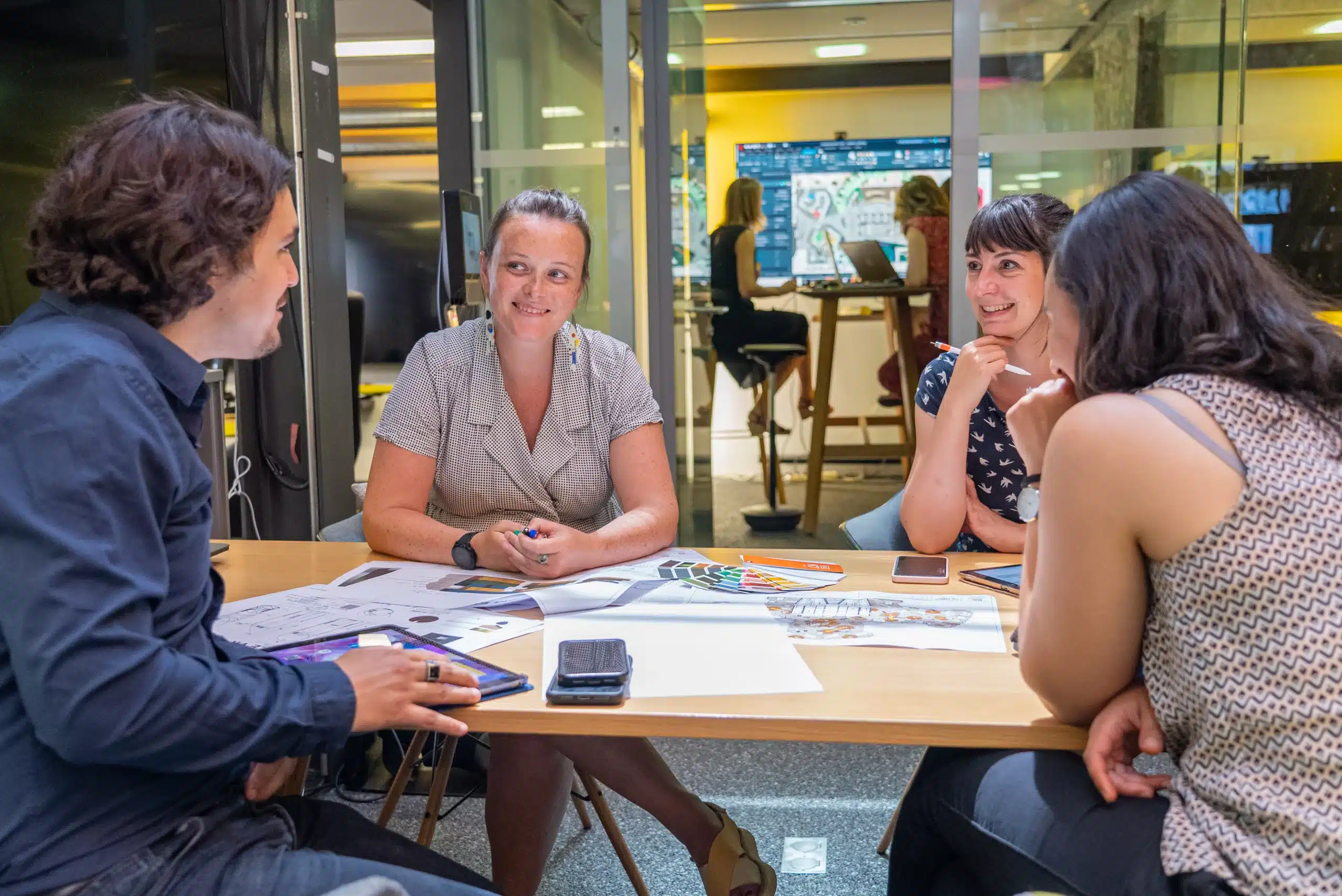Interview with Meja - Consulting firm
Interview
Our interview with Pierre Erra, co-founder of the consultancy firm Meja

“Hello Pierre, start by introducing us to your company:
Hello, my name is Pierre Erra and I am co-founder of the digital transformation consulting firm: meja . Our job is to support our clients in the implementation of transformation projects relating to digital and information systems. We support them from a business point of view at all stages of a project: from the definition of the digital strategy, to the operational implementation of a system, including support for the associated change.
Meja is a young consulting firm. We created it two and a half years ago with my partner Wadii Moustatir. We strive to adopt the most demanding method and rigor, close to, or even better than, those of very large consulting firms; and at the same time we benefit from a certain flexibility and agility in our operation which means that we are always providing innovation.
Meja now has a dozen specialist consultants in three business sectors on which our entire activity focuses: education and training, administrations and local authorities, and health.
It's been a year since the first lockdown, a lot has happened. Can you give us your opinion on the impact that this health crisis has had? From the point of view of your customers, has there been an evolution?
From a “practical-practical” point of view, when I started my job as a consultant, mobility was very high: I spent my time on trains and now I spend my time on trains. Now all the work is done at home or in the office. From a relational point of view, we strive to continue to support our customers with great proximity although the contact is undeniably different when this is carried out remotely. Everyone talks about upheavals, very long-term changes, but I don't see it that way...
The crisis illustrated that face-to-face attendance was not an obligation. The crisis doesn't really have a before and after, for me, it's more revealing of the strength and maturity of the organizations we support or unfortunately of their weaknesses. The confinement highlighted the flaws of organizations that were a little outdated and found themselves very deprived overnight due to fairly “old school”, authoritarian functioning where management was synonymous with control linked to face-to-face. While other structures more suited to management by objectives – through projects, through employees taking responsibility – have worked better. Obviously, this remote operation requires greater trust, it is not based on hierarchical control.
Have you felt a change in your customer demand? Have the needs evolved?
In my projects, I have not seen any upheavals. But there has been a considerable slowdown in order taking and commercial activity. All projects that were not launched were frozen, and ongoing projects continued – but in a different way. On the other hand, clients demonstrate a need for support to learn to work in a more collaborative and less hierarchical manner: more horizontal management.
How did you adapt to this situation internally?
The announcement was certainly brutal, but we had the chance to work collaboratively on web tools within meja so the move to total teleworking had no impact from a “tools” point of view. This still gave rise to a lot of reflection at meja.
In our consulting activity, we have two main aspects: we do not sell a person, we sell expertise, know-how and training. It’s this human aspect of exchange that was hard to maintain. We changed our meeting rhythm and tried to maintain this mutual support, to play games remotely. Everything we do in business becomes a collective adventure. People exchange with each other, they share. But all this will never replace the strength we had in person. We will try to maintain a fair distribution of working time on site and teleworking.
In 2021, do you feel a change? With the resumption of postponed projects. Is the market recovering or is there still this uncertainty hanging over you?
I of course felt this tension during the first confinement, even if current projects were not completely stopped. Since the end of the second half of last year and the beginning of this year 2021, we have returned to a more normal rhythm where new projects are launched. We are seeing sustained commercial activity, in response to new needs.

Has there been a more profound change in the consulting approach? In the profession as such? Or was it just an aside?
This is not a parenthesis. There are induced changes that we will not return to, such as teleworking. There will be fundamental changes, but that will not call into question everything. We thought that with independents we could have disintermediation and that consulting firms would no longer exist and ultimately we realized that this was not the case.
And tomorrow, I don't believe in a completely fragmented council, made up of independent workers behind their screens. I believe in the strength of a company, of a structured firm which acquires knowledge, capitalizes on knowledge, exchanges on best practices, trains its employees; which independents do not have.
You have made this approach work remotely. Does this make you want to go international? Could this be an opportunity to expand the market?
On my scale, I am not yet considering international development, because we are a fledgling company so we have plenty to do to grow in France.
What type of advice could you give to a future founder?
The fundamental question is what we bring to the customer. You have to have confidence in your strengths, have convictions and not hesitate to take the plunge. It's not very complicated to found a consulting firm. On the other hand, you have to be very humble and have clear ideas about the project and what you bring. It is important to be flexible enough and agree to also depend on the market and needs; you must be able to readjust your project.
You have to take small steps. When you start you have to succeed in aiming for what is achievable. And references, missions, etc. are things that are acquired over time when you start to make a name for yourself. The hardest part is the beginning.
What we did and what worked was that our first customers were cajoled. We didn't think about profitability, and we gave everything for these customers. We knew that these were customers who chose us at the beginning and who trusted us. They took a risk and this must be rewarded by the credibility of the work carried out. And it is thanks to these first customers that we were able to grow, today we have more than a million turnover and we are starting to be recognized.
Over these two and a half years, what is the accomplishment of which you are most proud?
Concerning commercial success: when we launched, after nine months we won a very large call for tenders for the Ministry of National Education. We have been listed as a single-awardee on a consultancy market against all the biggest competitors on the market. I am proud of it, we responded with a partner who trusted us but we were market agent. It was the quality of our response that allowed us to win this project.
Concerning the production success: it is the support of the Neoma Business business school, they initially called on us for a small mission with a budget of €20,000 to help them with the structuring of a call for proposals. offer. We over-qualityed and spent more time, little by little this client entrusted us with many missions. And today they trust us to lead their ERP transformation projects, we are project managers for them. It is now the firm’s biggest client and it’s a real source of pride.”
Discover another interview here , with the YouMeO firm.


